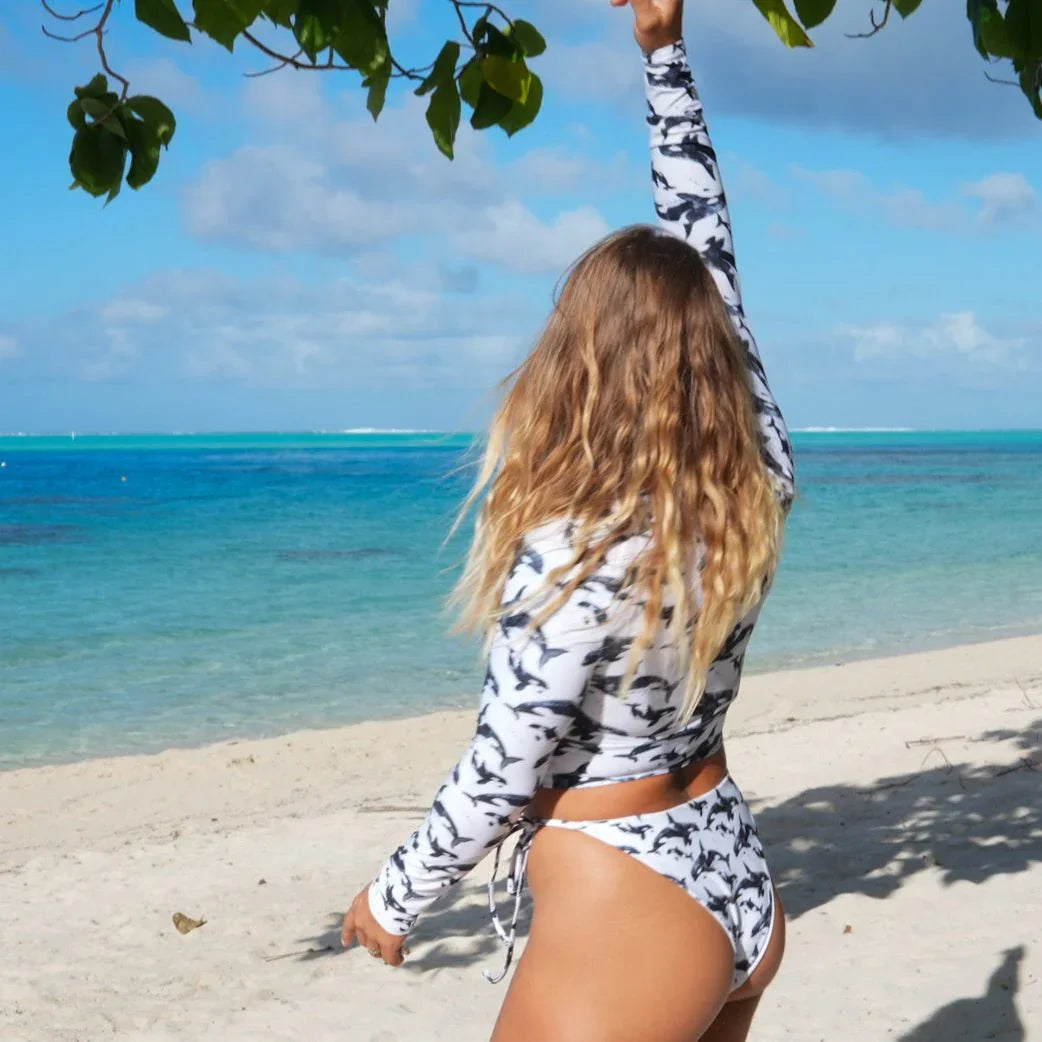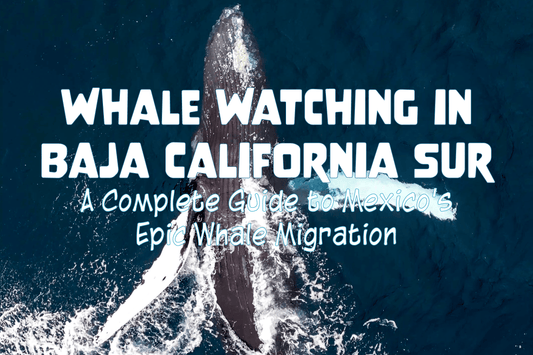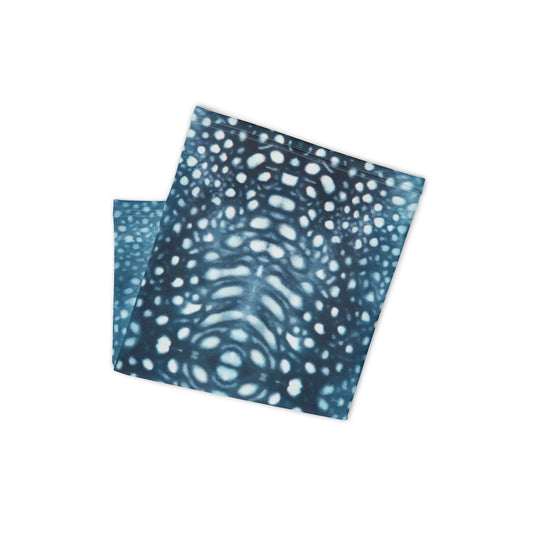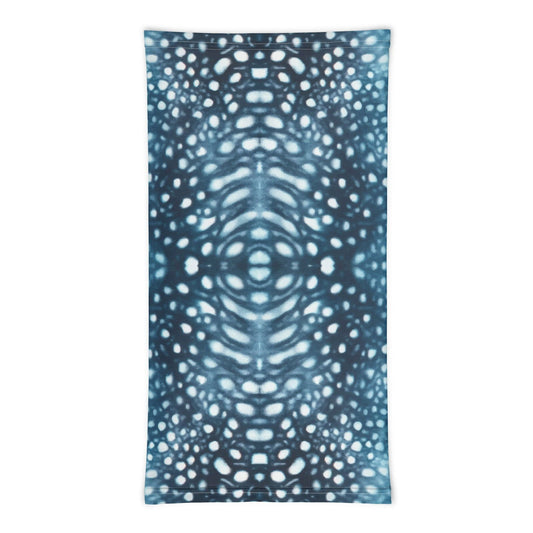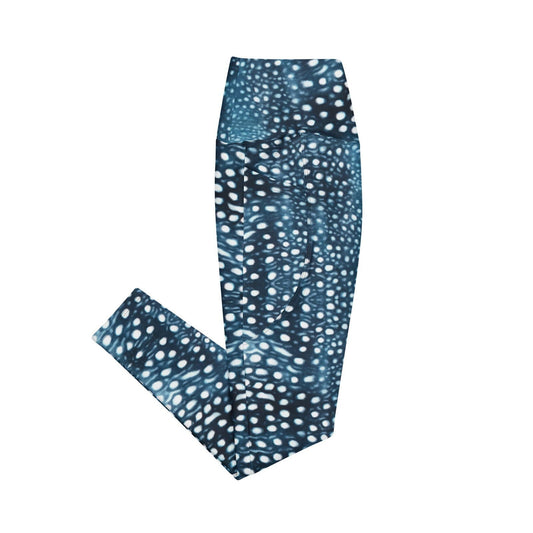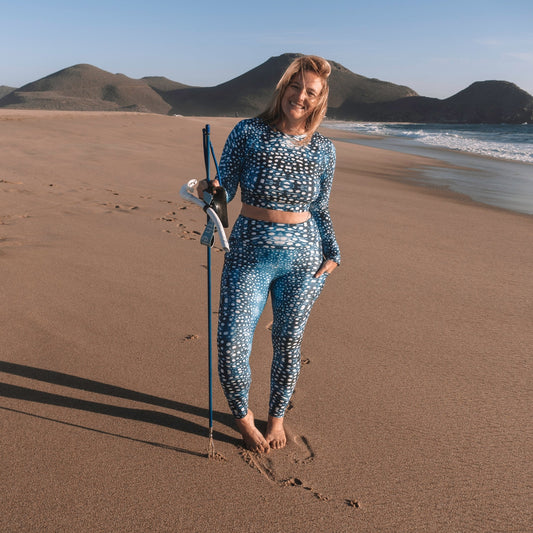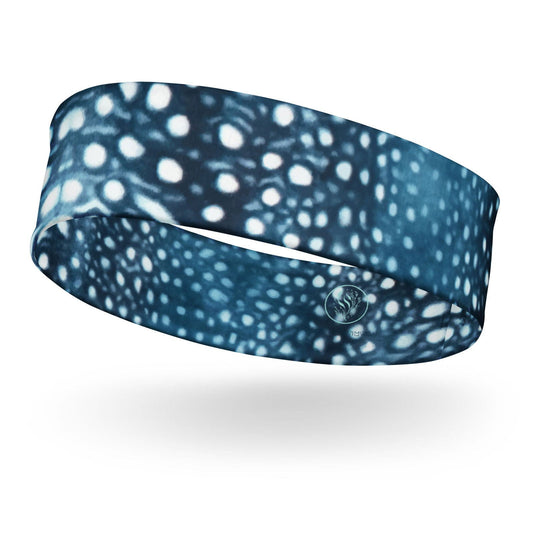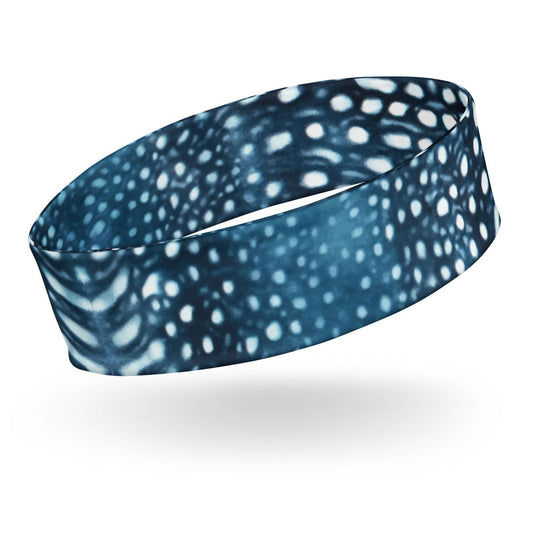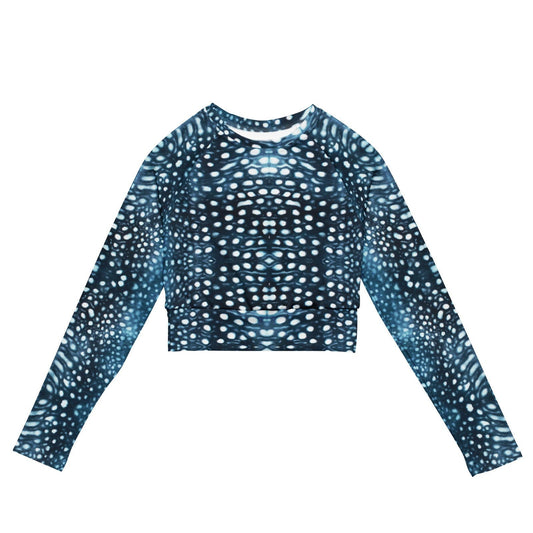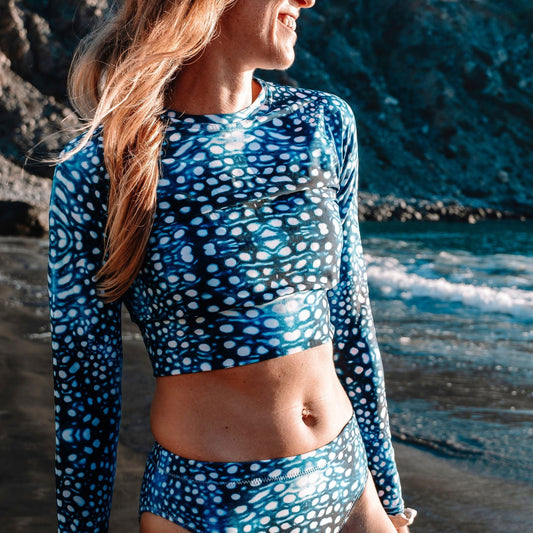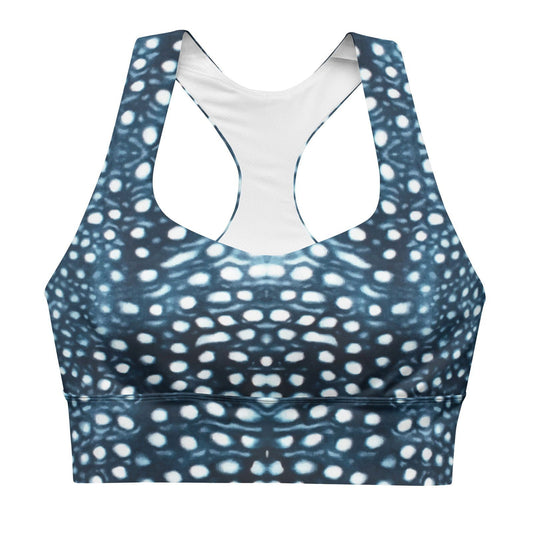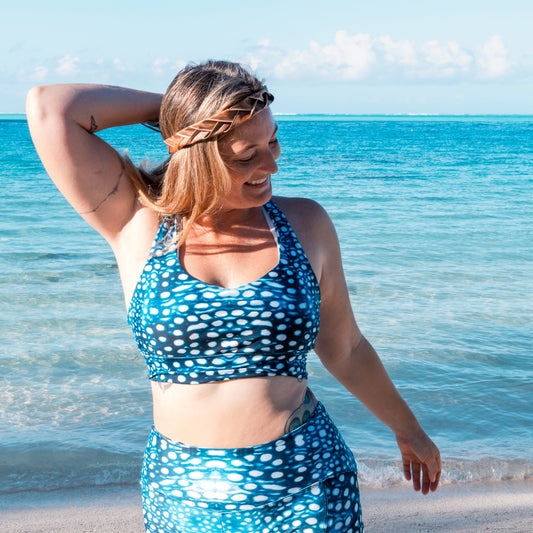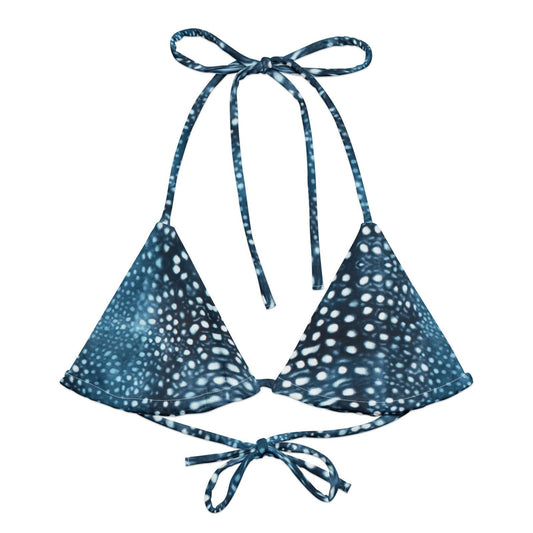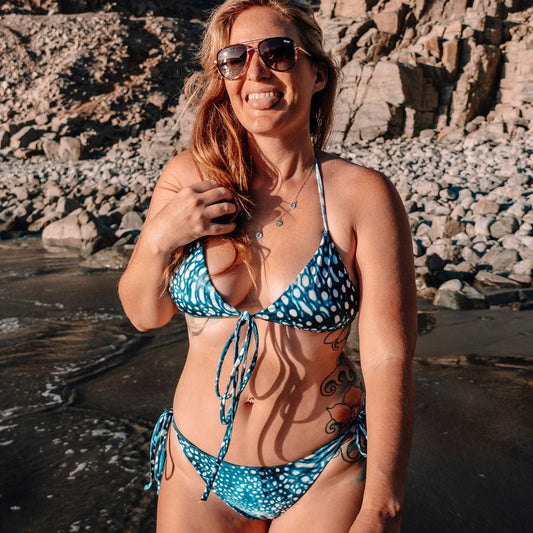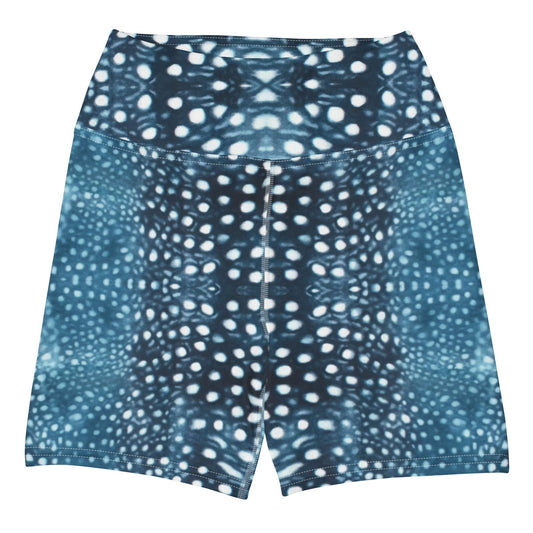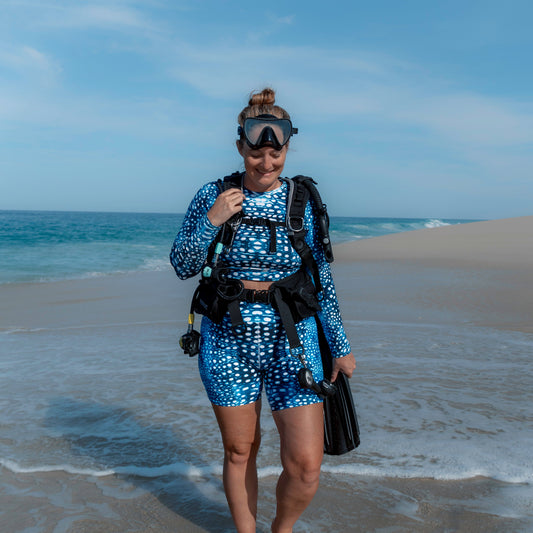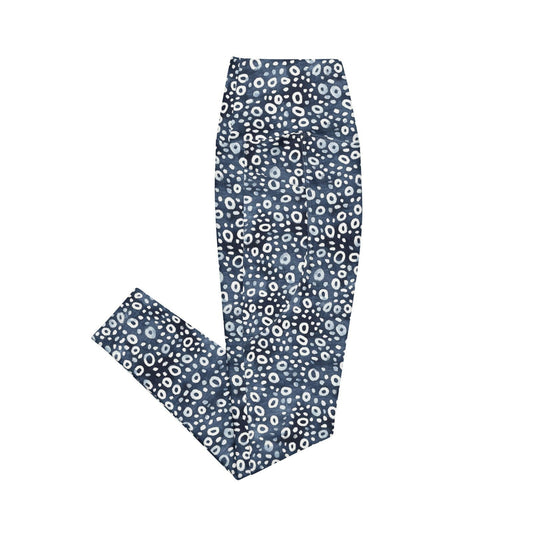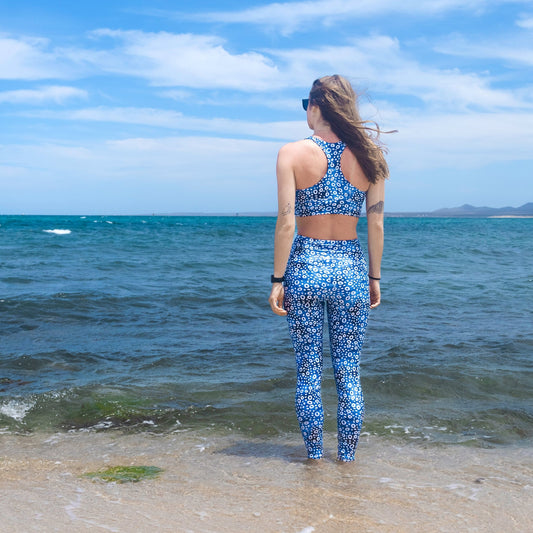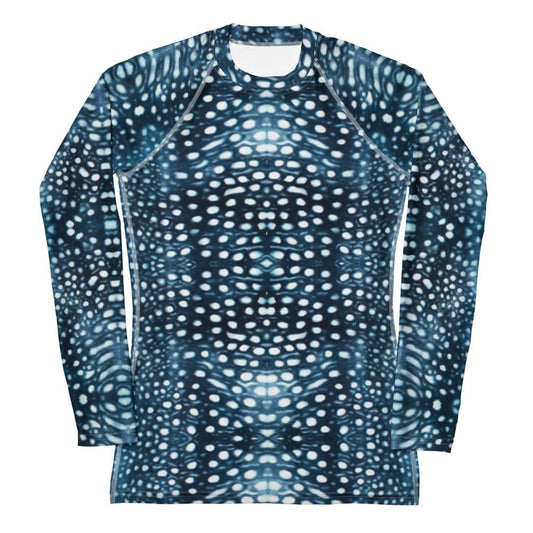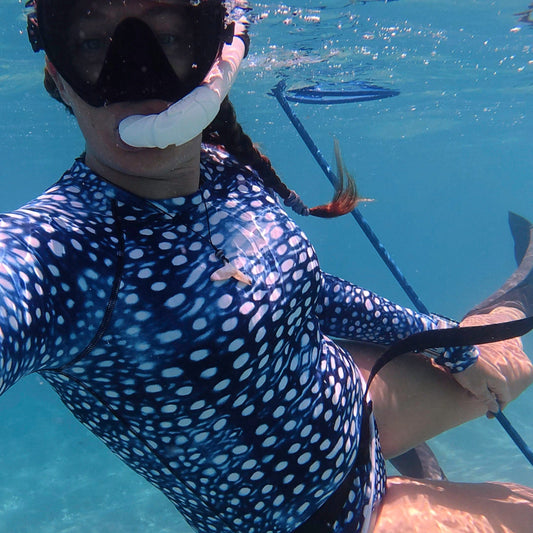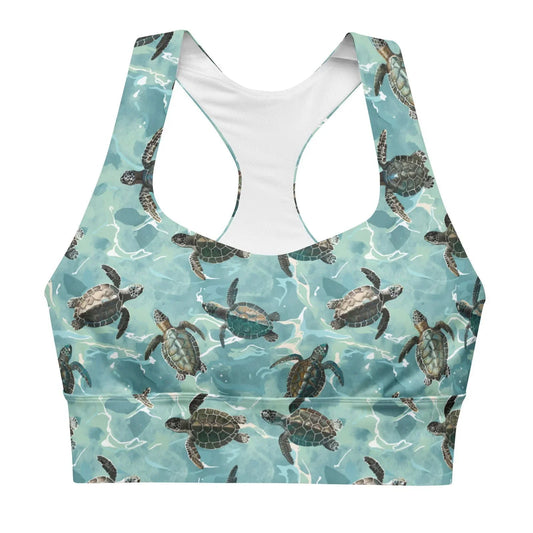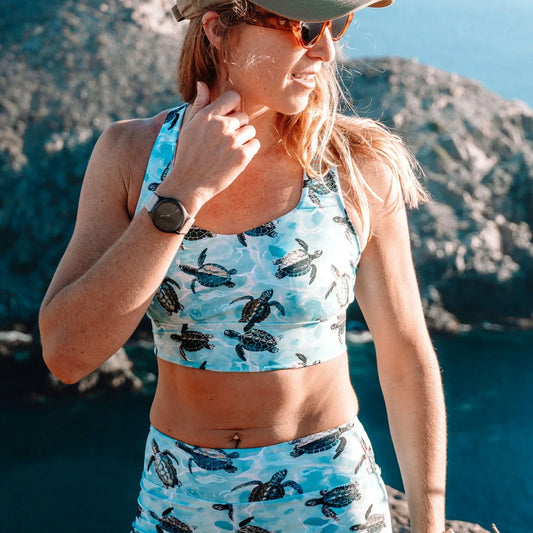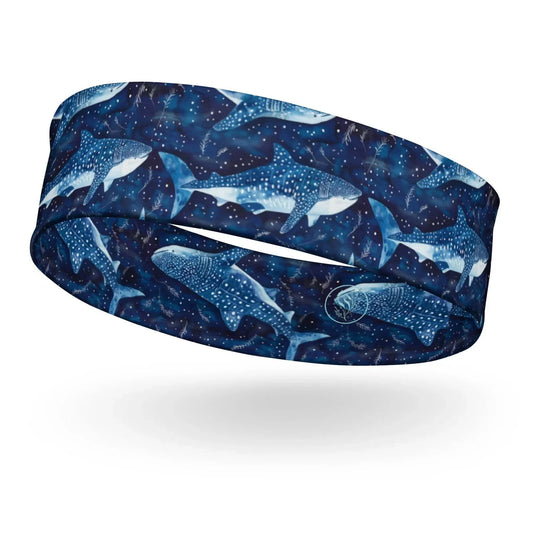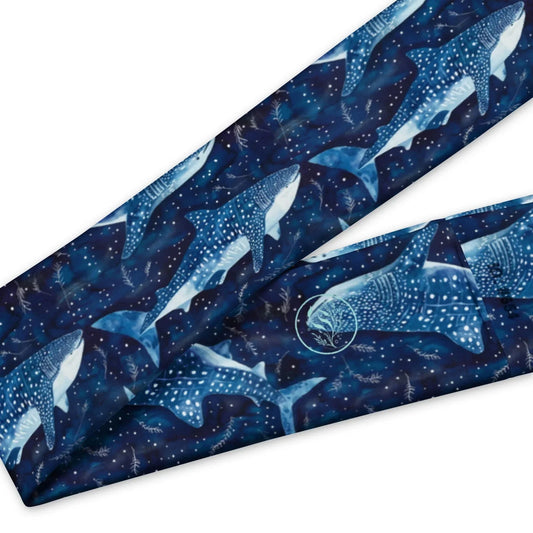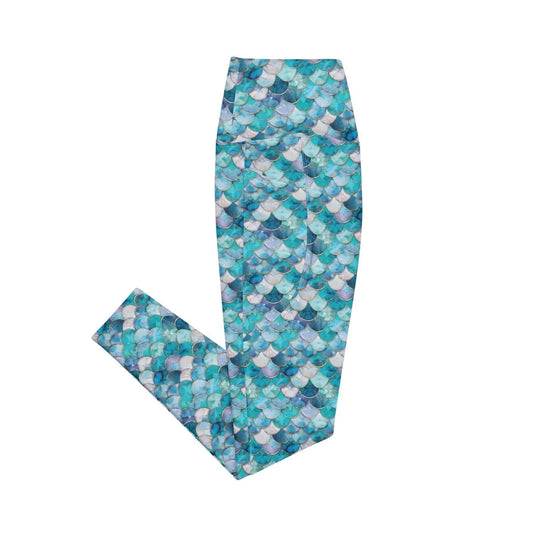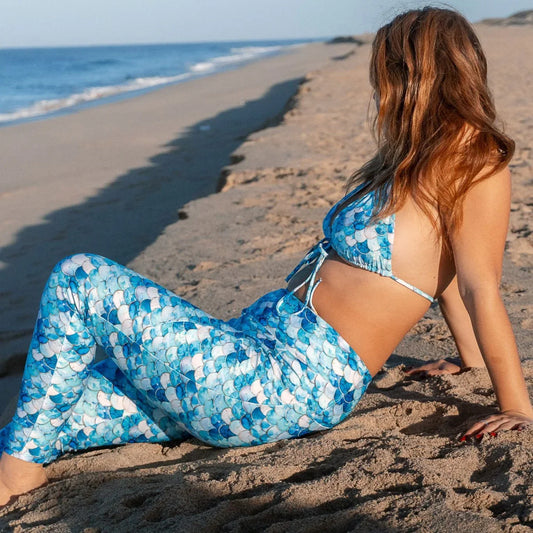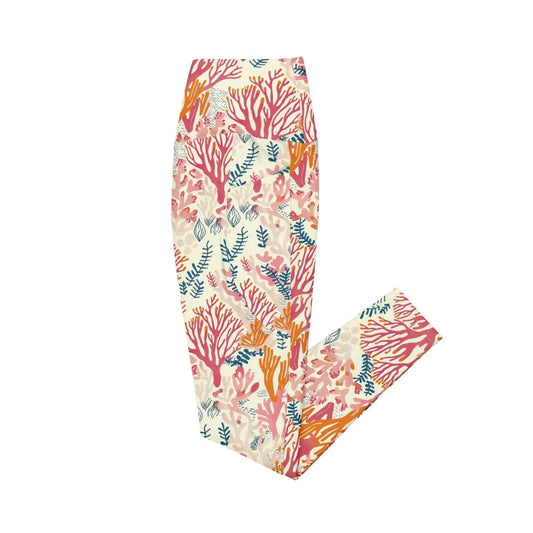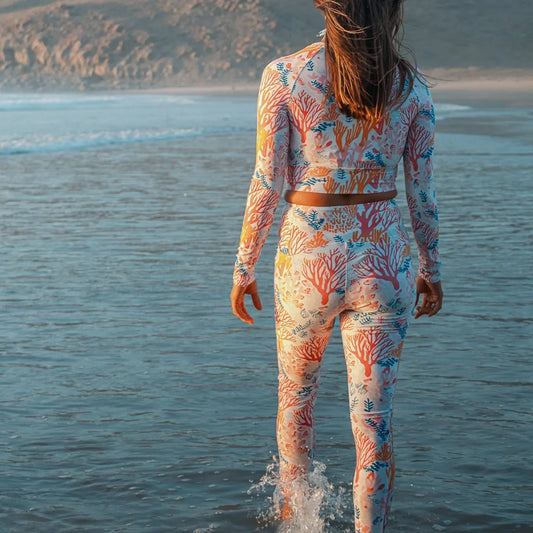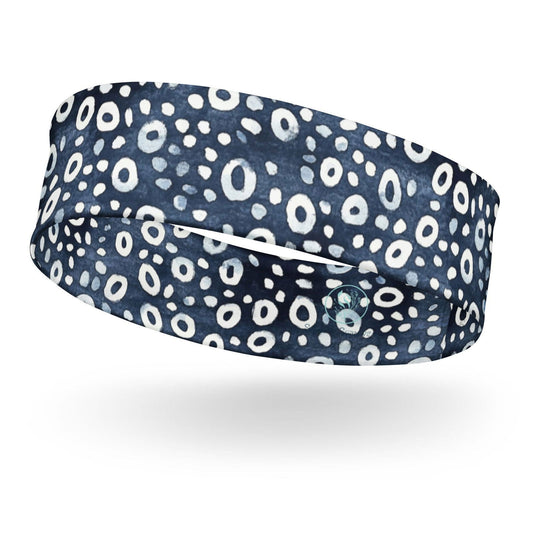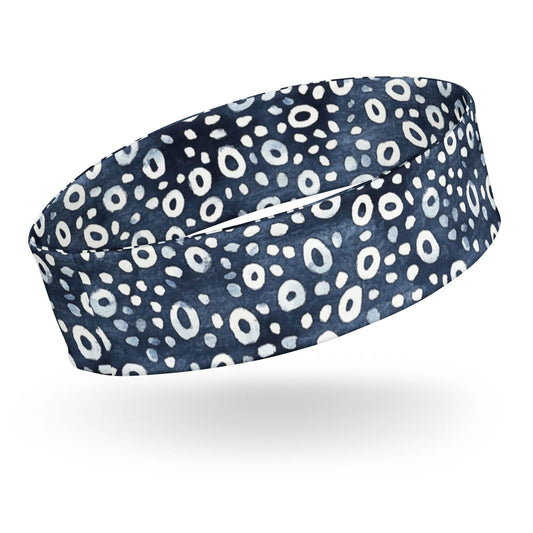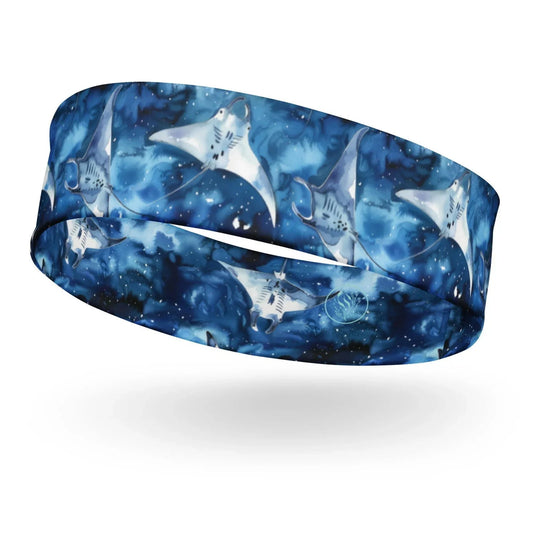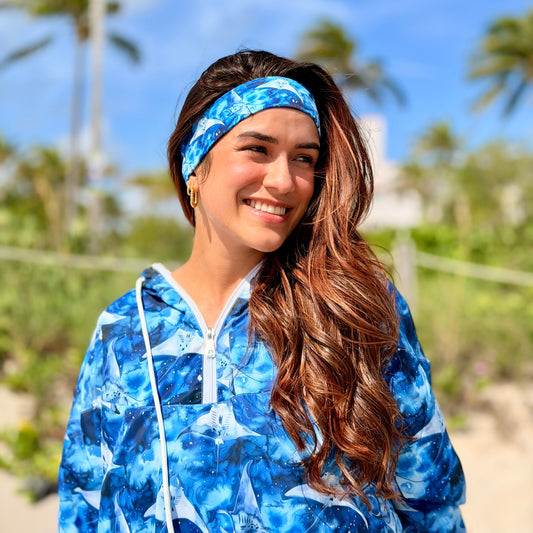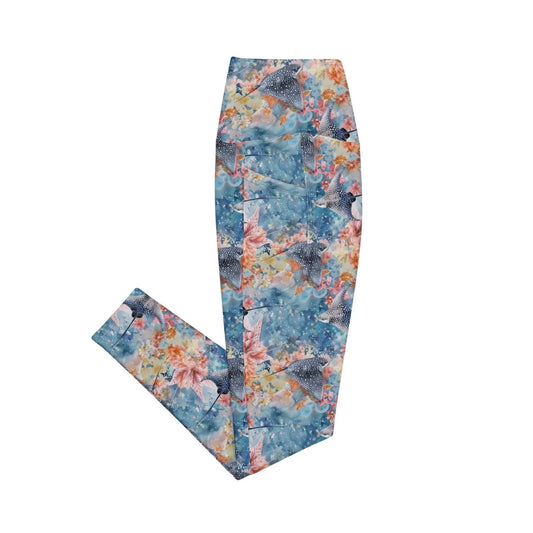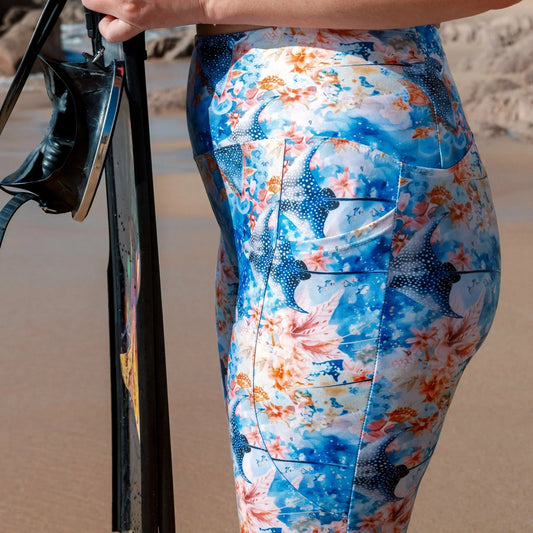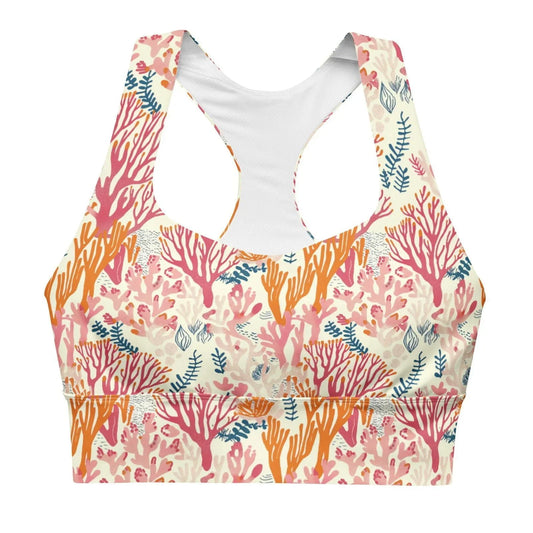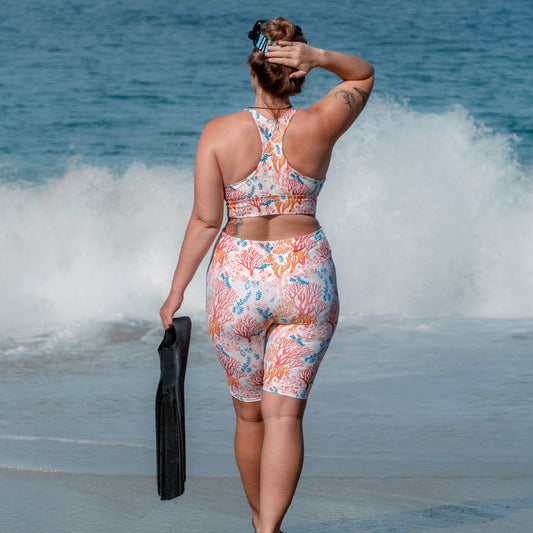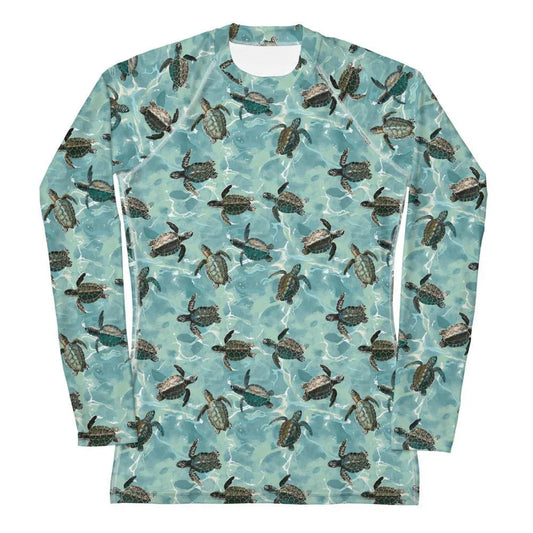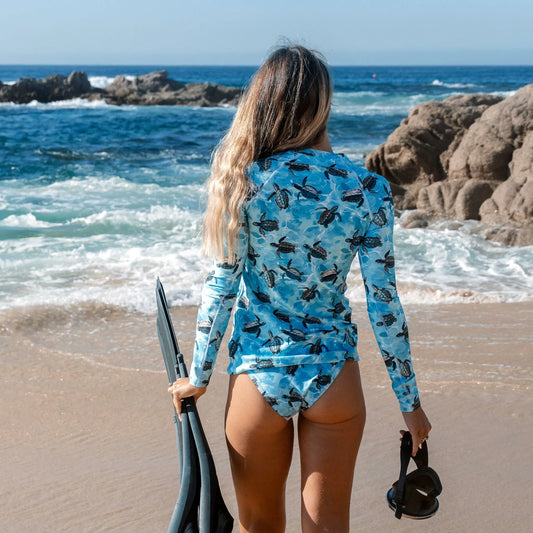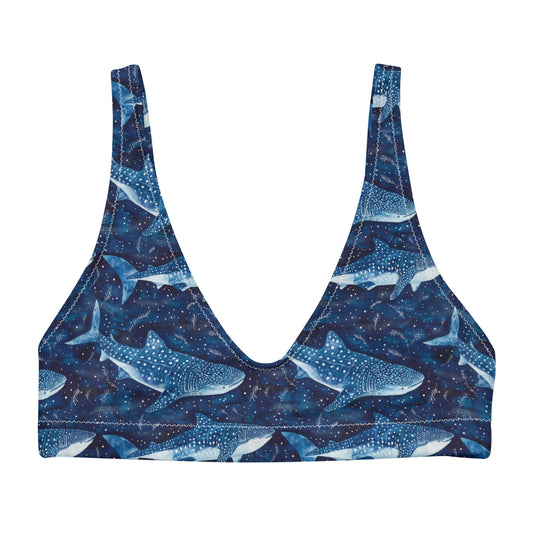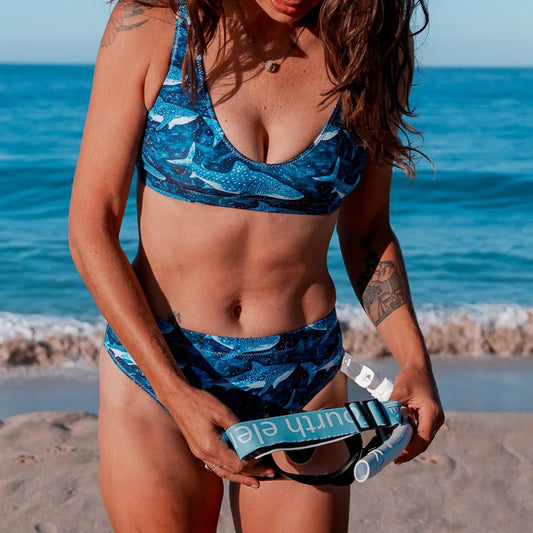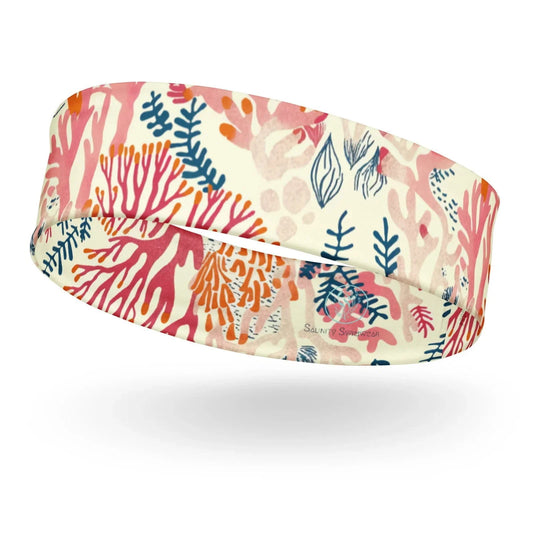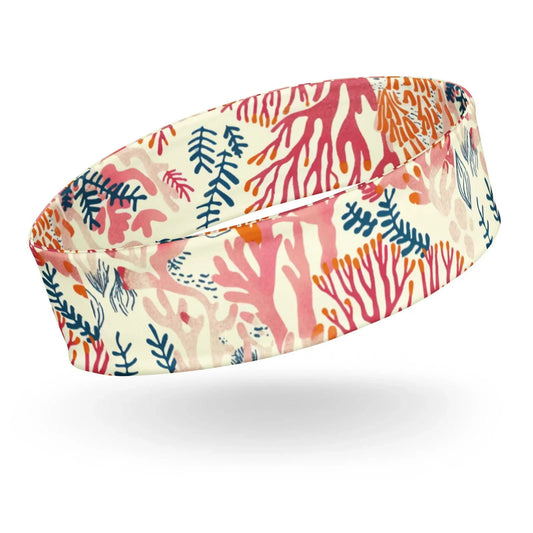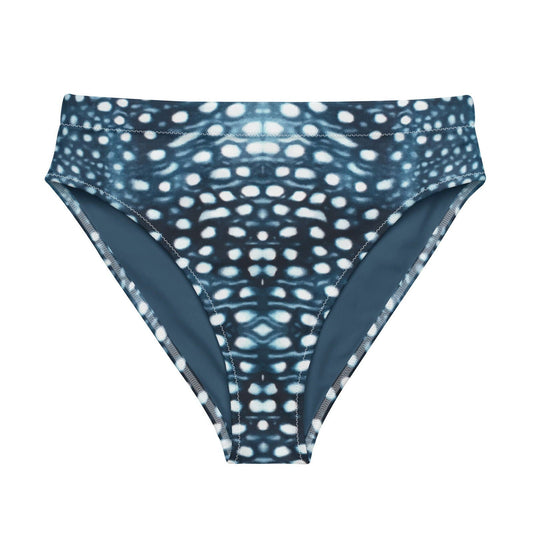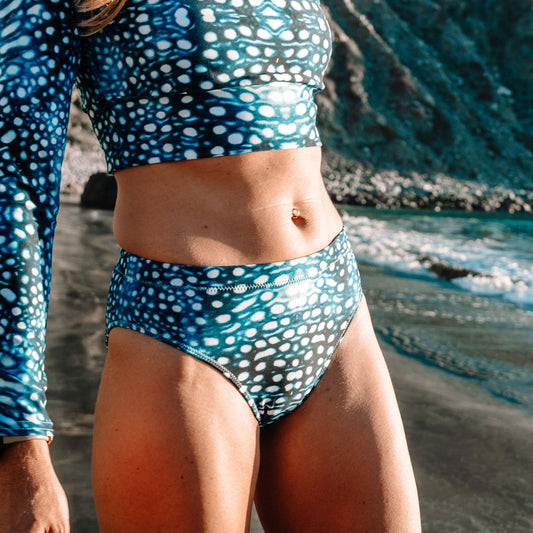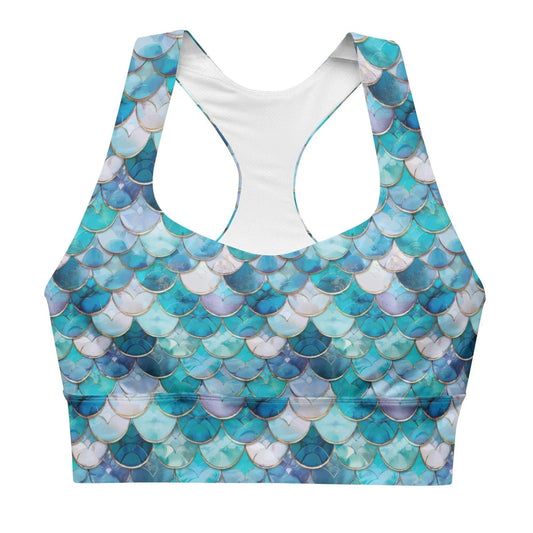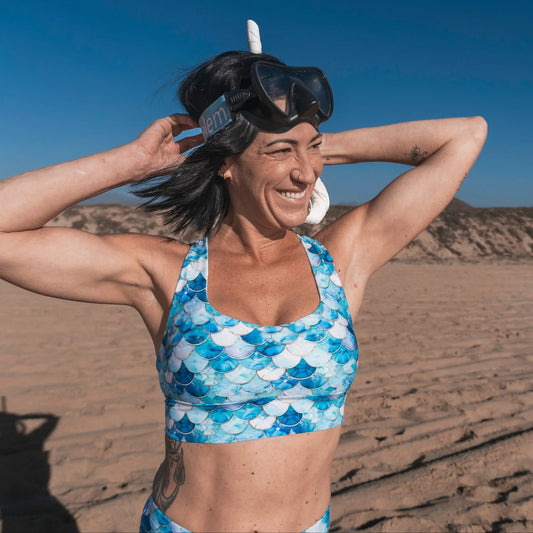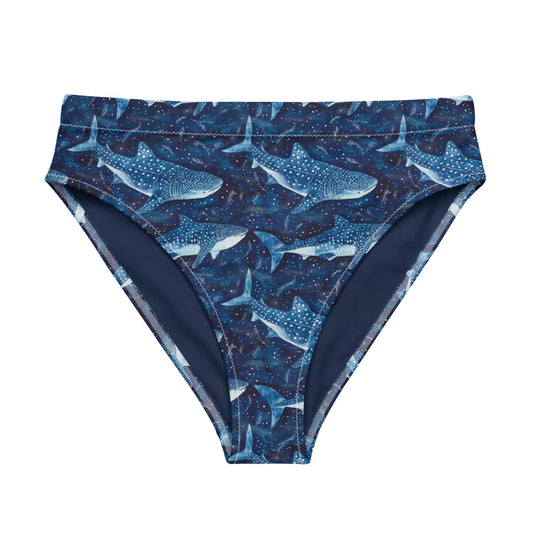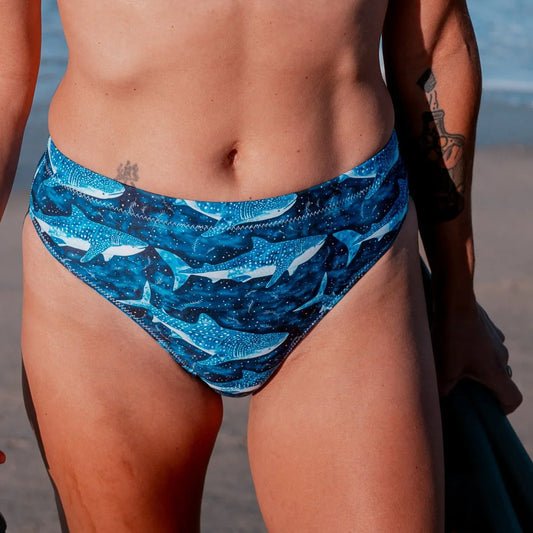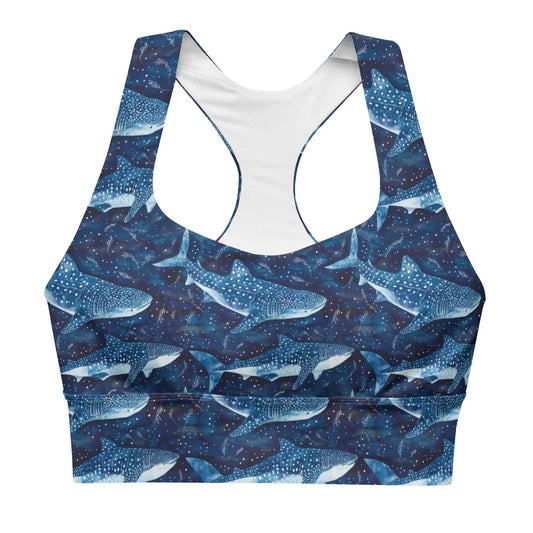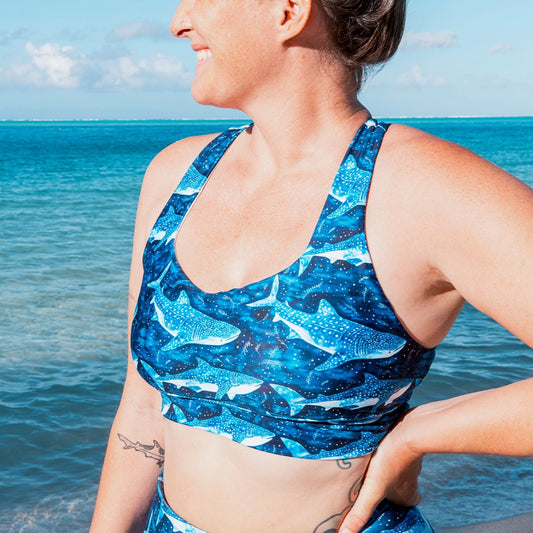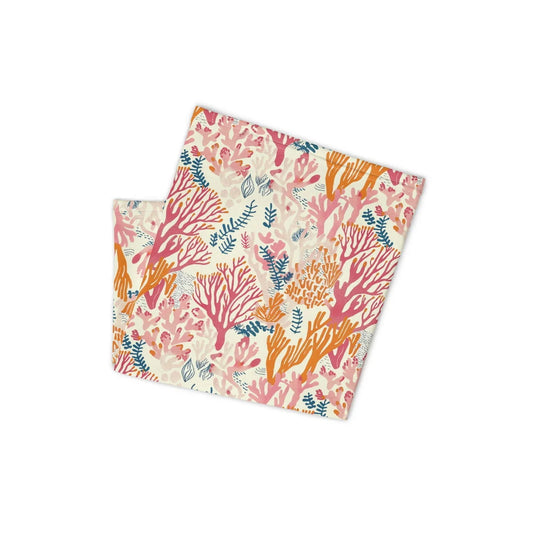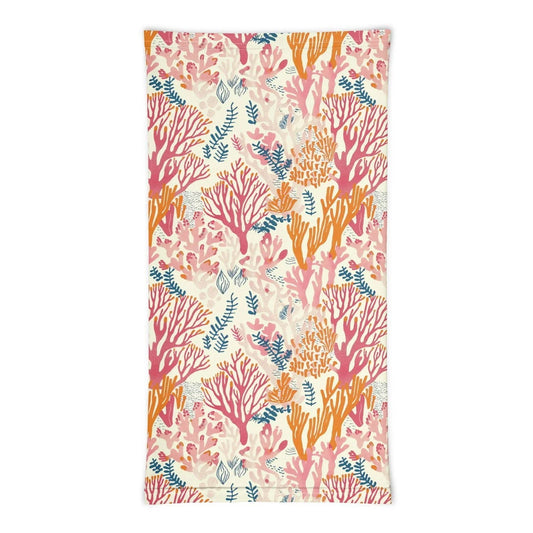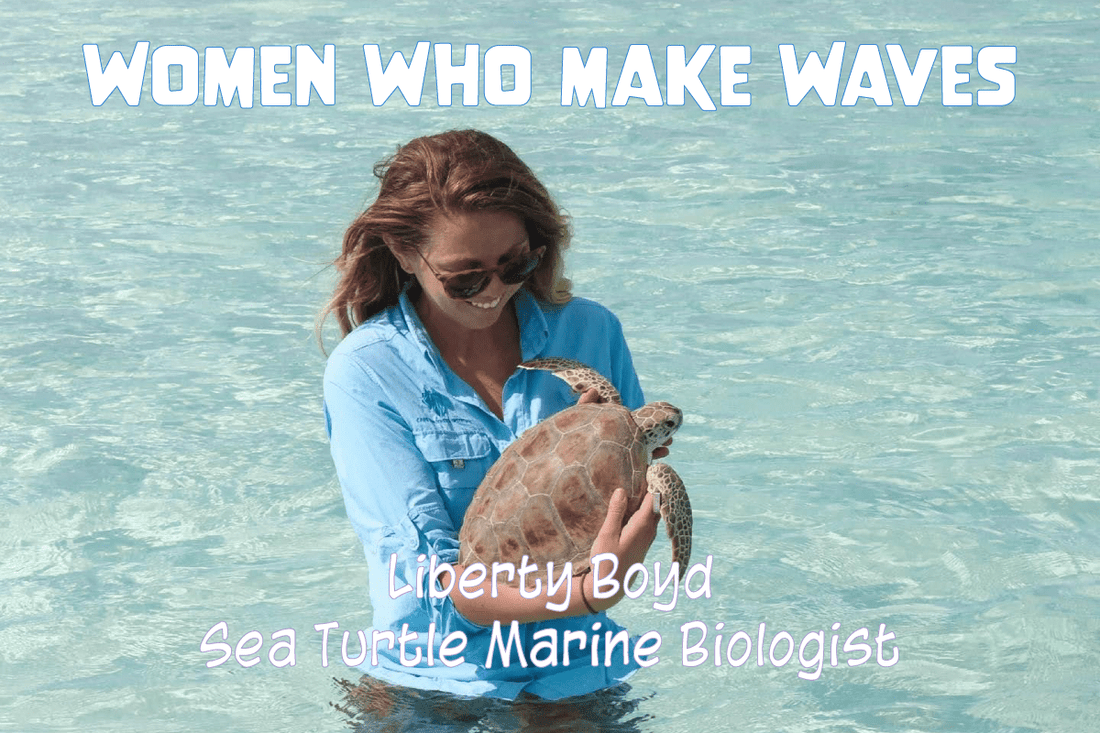
Women Who Make Waves: Liberty Boyd, Sea Turtle Marine Biologist
Angela ZancanaroShare

From a young age, Liberty Boyd was drawn to the ocean, the reef was just offshore from her Florida hometown which became her first underwater classroom. Filled with curiosity, fish, and the quiet magic of the sea. Today, that early spark has grown into a full-fledged career as a marine biologist and postdoctoral research fellow at Florida Atlantic University, where she studies the conservation biology and movement ecology of marine megafauna—especially sea turtles.
But Liberty isn’t just doing research—she’s helping shape the future of marine science. Whether she’s leading fieldwork in The Bahamas, sharing her knowledge with students, or filming focal follows of sea turtles in Madagascar, her work is a powerful mix of science, empathy, and purpose.
Here’s what Liberty had to share about her journey, the challenges she’s faced, and why she believes the ocean still holds countless mysteries waiting to be explored:
When did you first fall in love with the ocean?
I grew up near the beach in southeast Florida. I would go snorkeling at a young age with my family at a reef along the shore and loved exploring the fish and animals that lived there! My father was a sailor when he was younger and always shared amazing stories from his time on the water.

How has your connection to the ocean shaped who you are?
I believe my empathy for marine life and passion for protecting our coastal marine environments have instilled an intensified sense of perseverance and compassion that typically is not found in other career paths. I have become more conscious of my everyday consumption of materials and aware of my relationship with the world around me. I hope that my passion for the marine world can be contagious to the people around me, especially younger individuals who are still discovering their interests and passions.
What’s something you wish more people knew about you or your profession?
There is a HUGE variety of jobs and things that you can study and focus on. There are the science and research heavy jobs, the marine wildlife management jobs, marine and ocean policy and law, marine outreach and education, and marine engineering!
What first inspired you to pursue your passion?
I worked as an environmental education summer camp counselor. Seeing the way that children interacted with their environment, their sense of curiosity, and joy in discovery inspired me to work towards a career in environmental and marine science so that I could teach and inspire future generations of scientists.

Did you face any significant challenges or obstacles along the way? How did you overcome them?
Throughout graduate school, I faced many challenges to completing my dissertation research. At the start of my second year of my PhD, the study site I had invested a year’s worth of time and funding into in The Bahamas to conduct sea turtle research was completely destroyed by a category 5 Hurricane, Hurricane Dorian. I returned to the site after the storm and saw destruction that was truly shocking and horrific. I was unable to continue my work there so I had to relocate my study to a new island in The Bahamas. The support of my mentors was really inspiring in order to start over and work toward a new project plan and field site.
What motivates you to keep going, even when things get tough?
I am motivated by the idea that no matter what happens in the world around me, life in the seas is still going and nothing is going to stop the flow of life. The only thing we can do is to try our best and continue to explore new directions to overcoming challenges. The quote by Gandhi, "What you do in life is insignificant, but it is very important that you do it because nobody else will," always pushes me to fight for what I care about.
What are some of your most memorable underwater or marine experiences?
I had the opportunity to conduct "focal follows" with sea turtles in Madagascar, which is where you film a sea turtle for approximately 30 minutes to gather behavioral data. Spending this much time watching an animal and being in the peace of no other people or disturbances around you, floating along with the turtle on the reef, was truly the moment that I felt most connected to these animals and the marine environment.
What advice would you give to someone looking to follow in your footsteps?
Always be growing. That means learning something new, applying for new opportunities, making new connections through networking, and building yourself and the people around you up. The most important aspects of this career are research experience and networking. Those are easily accomplished through volunteering and internship opportunities, so applying to as many as possible is key!

How do you define success?
I define success by the positive impacts you make on other people and the environment. Are you teaching and inspiring others? Are you working on projects that will somehow benefit the environment and wildlife? If you are achieving those things, you will have a very fulfilling and successful career.
What’s next for you in your journey?
I am looking to apply for professor jobs at a university where I can teach students about marine biology and continue to conduct marine biology research through my own research lab.
What’s one thing you wish people knew about the ocean?
I wish people knew how much of the ocean we still have yet to discover and understand. There are animals we have never yet seen or described before, there are spots of the ocean we have never explored or mapped, and there are so many things we can learn from the marine world that we can learn from for human benefits in medicine, energy efficiency, and more!
Closing Thoughts
Liberty’s story is a reminder of how much strength and passion it takes to protect the ocean—and how one person’s journey can inspire many. Whether she’s following sea turtles across reefs or guiding future scientists in the classroom, Liberty’s work shows us what’s possible when you lead with empathy, curiosity, and purpose.
If you’d like to follow Liberty’s work and learn more about her research, you can find her on Instagram and TikTok at @libertyology, or reach out via email at libertyology@gmail.com.
We’re honored to feature Liberty as part of our Women Who Make Waves series. If you or someone you know deserves a shout out and is inspiring others through their connection to the ocean, we’d love to hear from you! Reach out and share their story with us—we’re always looking to feature more women to inspire others!
